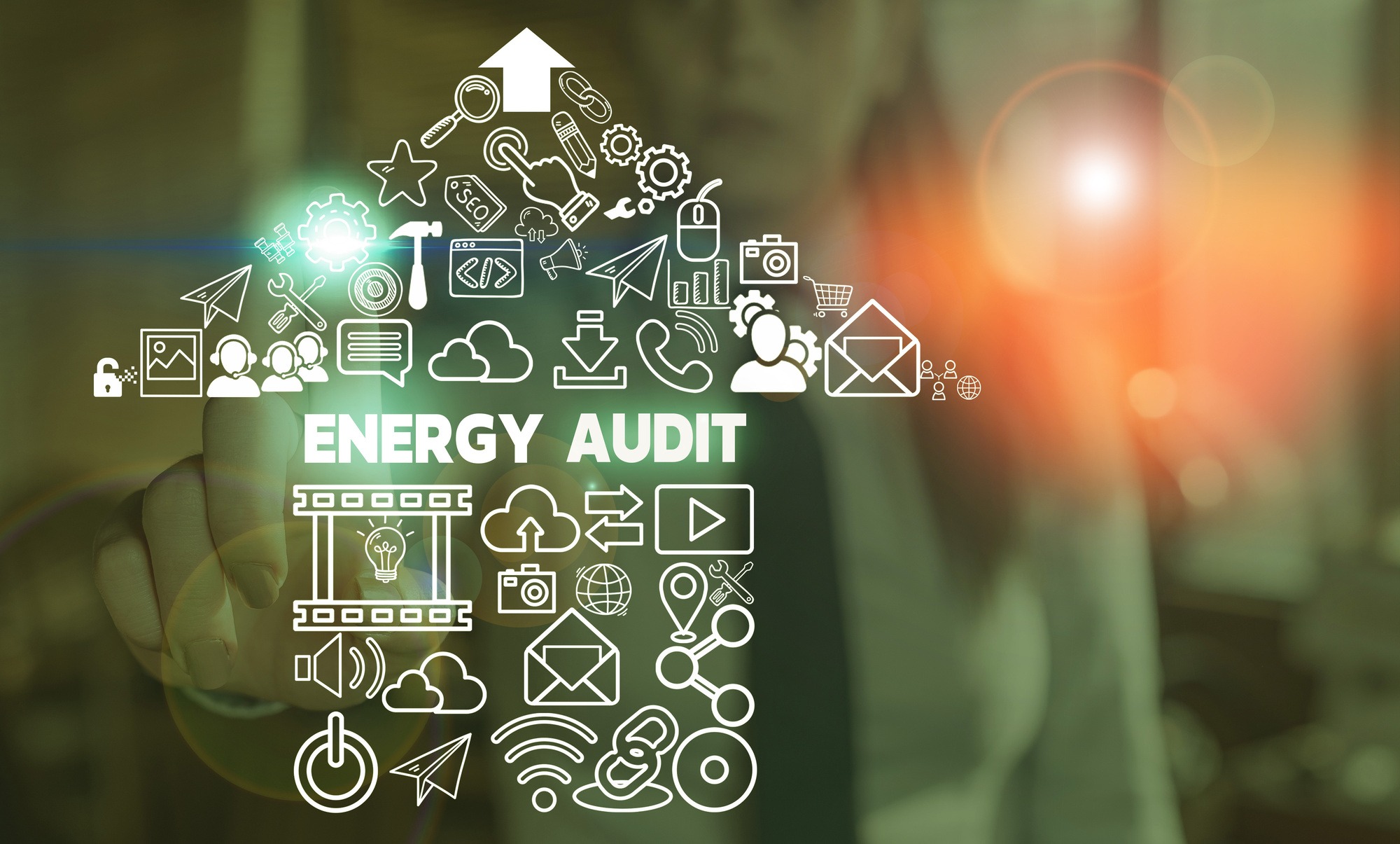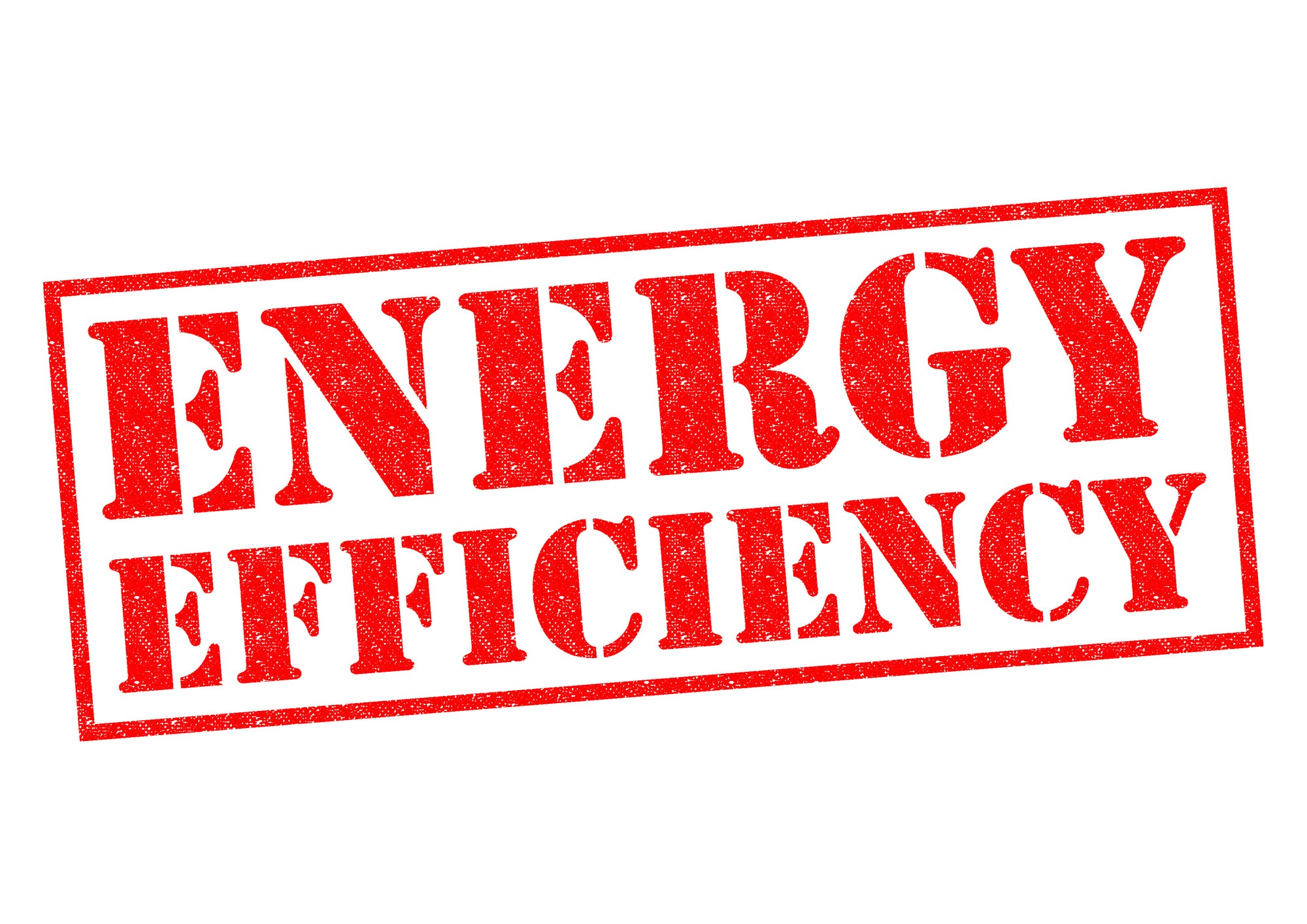Today, more and more individuals are switching to cleaner energy sources. The near-exhaustion of non-renewable fuels mainly facilitates this. Another reason influencing the change is the need to protect the environment.
One of the widely accepted energy sources is solar energy. Although humans have been using solar for thousands of years, its utilization has changed over time. In the ancient era, it was mainly used to preserve foodstuffs. But now, people use solar energy to power their homes or industrial operations.
However, before installing a solar system, it’s imperative to conduct a crucial process—solar auditing. This blog outlines what you need to know about solar auditing. You’ll learn what solar auditing is, what to expect, and its benefits.
What Is Solar Auditing?
Solar auditing is the process that will help you ascertain whether your roof is ideal for solar system installation. This will determine the amount of energy your system will produce. Additionally, the auditing process involves making a comparison between your current energy consumption versus when you install a solar energy facility.
In today’s do-it-yourself (DIY) era, most homeowners may prefer to conduct the auditing process themselves. Although it may seem affordable, you may spend more time and effort, especially if you’re a newbie. Hence, it might be ideal to leave the task to a professional.
An expert has all the necessary tools and skills to undertake the process. There are many service providers you can choose from. This has made it challenging to get the right one due to the multiple available options. However, consider contacting Smart Solar Energy or any reputable local contractor. Before hiring a service provider, you must consider factors such as customer experience, certifications, and necessary fees to guarantee you get the right provider.
What To Expect During A Solar Audit?
You might expect the following when you invite a professional auditor:
Property Walkthrough
The professional will evaluate both the exterior and interior of your home. This helps determine the factors that could affect the effectiveness of your solar system.
In interior evaluation, the contractor will use an infrared camera to conduct an airtightness test to check for leaks. For the outer environment, the provider will check factors such as shading. If your property is near trees, this reduces the energy your system receives. Thus, they’ll determine the ideal measure to solve the issue, improving the effectiveness of your system.
Another process is roof examination. The contractor will consider several factors, such as shape, pitch, material, and the dimension of your roof. These elements hugely influence whether your property is ideal for solar installation. Also, they’ll determine the state of your roof. For instance, if you have a worn roof, you may have to repair it before installing your system.
Reviewing Your Current Energy Bills
This is another thing to expect when you get home solar auditing. They will evaluate your energy bills over the years. They’ll also assess the effectiveness of your appliances. If you have outdated appliances, you most likely have high energy bills. Thus, the auditor may advise updating them before installing the panels.
Safety Considerations
When installing a solar panel, there are high chances an accident may occur. During the auditing process, the contractor will assess the safety of your location. This is because, during installation, the workers may have to install temporary fall protection anchors to protect them from falling and ensure the solar panels won’t damage your roof, which can be a costly mistake.
The service provider must also discuss important building codes in your locality, ensuring that everything complies with the standards set.
How Do You Prepare For A Solar Audit
The auditing process may take four to six hours, depending on the complexity of your property. Hence, it’s essential to prepare adequately to ensure a smooth activity. These steps may help you get ready for a home solar audit:
Gather Your Utility Bills
The first step in preparing for a solar audit is to gather your utility bills for at least the past 12 months. The auditor might request utility bills beyond 12 months, so it would be better to prepare those as well. These bills will give the auditor a detailed record of your energy usage throughout the year. This information is crucial in determining the size and type of solar energy system best suited for your needs.
Know Your Home
Although this might seem like basic knowledge, most people need detailed insights about their houses. Before the auditing day, ensure you know primary information, such as the home’s age, size, and energy upgrades. Such information will play a considerable role when assessing your energy requirements.
Besides this, it’s essential to note down a list of problems in your house. These may include hot and cold spots in your home—or damaged roof parts.
Have Your Questions Ready
Prepare a list of questions to ask the auditor during the solar audit. This is an excellent opportunity to learn more about solar energy and how it can benefit your home or business. Ask about the different types of solar panels available, the installation process, and how long it will take to recoup your investment in a solar energy system.
Reasons To Get A Solar Audit For Your Home
Are you considering getting a solar audit for your home? Here are reasons to convince you that it’s the right thing to do:
Reveal Potential Energy Wastage Sources
Energy consumption will vary from one household to another. Some factors influence the amount of energy you’ll use each month. This includes the size of your home, available appliances, and their effectiveness. However, you might notice you’re using too much energy in some cases. One of the reasons is that you could be wasting most of your energy.
The auditor helps identify areas you could be wasting your energy. They include obsolete gadgets and window and door leaks. The expert will advise the ideal ways to address the issue. For instance, you can insulate your ceilings and doors, reducing energy consumption. Also, you can install energy-efficient gadgets in your home, reducing overall consumption.
Solar Panel Customization
During the auditing process, they’ll consider your energy requirements and the size of the property. Hence, it’ll be easier to customize the system to meet specific needs and preferences. When you purchase an off-the-shelf system, it might not address your requirements. Results—you end up wasting your hard-earned money.
Improve Your Home Comfort
A home offers a serene environment to unwind after a long tiring day. However, this isn’t always the case, and you may find it hard to relax in your house. For instance, air leaks might reduce the effectiveness of your heating system. Thus, you may be uncomfortable during extreme conditions such as winter or summer.
However, the auditing process makes identifying and addressing such issues easier. This guarantees you maintain a comfortable living environment. Besides reducing your overall energy bills, it’ll also make your family more comfortable.
Boost Safety
Safety should be of great importance to you. As the home ages, it may pose several safety hazards. This includes exposed electrical wires, which could lead to fire and other accidents. However, an auditor will check for and correct such risks, saving you from related disasters.
The expert may also help identify moisture issues around your home. These can encourage mold growth if unnoticed. Mold growth will not only compromise your house’s integrity but also expose you to harmful compounds.
What Are The Cost Of Solar Audit?
Ensuring you understand the associated costs before scheduling a home solar audit is vital. On average, a homeowner may pay a minimum of USD$100 to USD$500, but the price can also shoot to over USD$1000. Several factors influence the average cost of the auditing process. They include:
Size Of Your home
Typically, the auditor charges you per-square-foot basis. Thus, if you have a bigger house, the cost will be higher than when you have a smaller one. However, knowing the average charge per foot in your area is crucial. This will save you from paying more money for similar services.
Type Of Tests
The type of tests done during auditing influences the overall cost. Several necessary tests must be done when conducting solar auditing. For instance, a blower door test is done to determine the airtightness of your home. The practice may cost an average of USD$250 to USD$350.
Another crucial test is the duct test, which is used to identify issues with your air distribution system. Generally, the duct test may cost USD$100.
Understanding the cost makes it easier for you to plan the ideal budget. Hence, you’ll have enough money to fund your project and reduce the chances of downtime or delay.
In Summary
As mentioned, people are now considering shifting to cleaner energy sources such as solar energy. It has become a sustainable way to power home and business activities. However, it is crucial to conduct an auditing process before installing a solar system.
The process makes it easier to make your home more comfortable, improve its safety and encourage customization. Before inviting an auditor, take your time to prepare the documents and note down issues around your home. Additionally, it’s vital to understand the associated costs to ensure you develop the proper budget.


